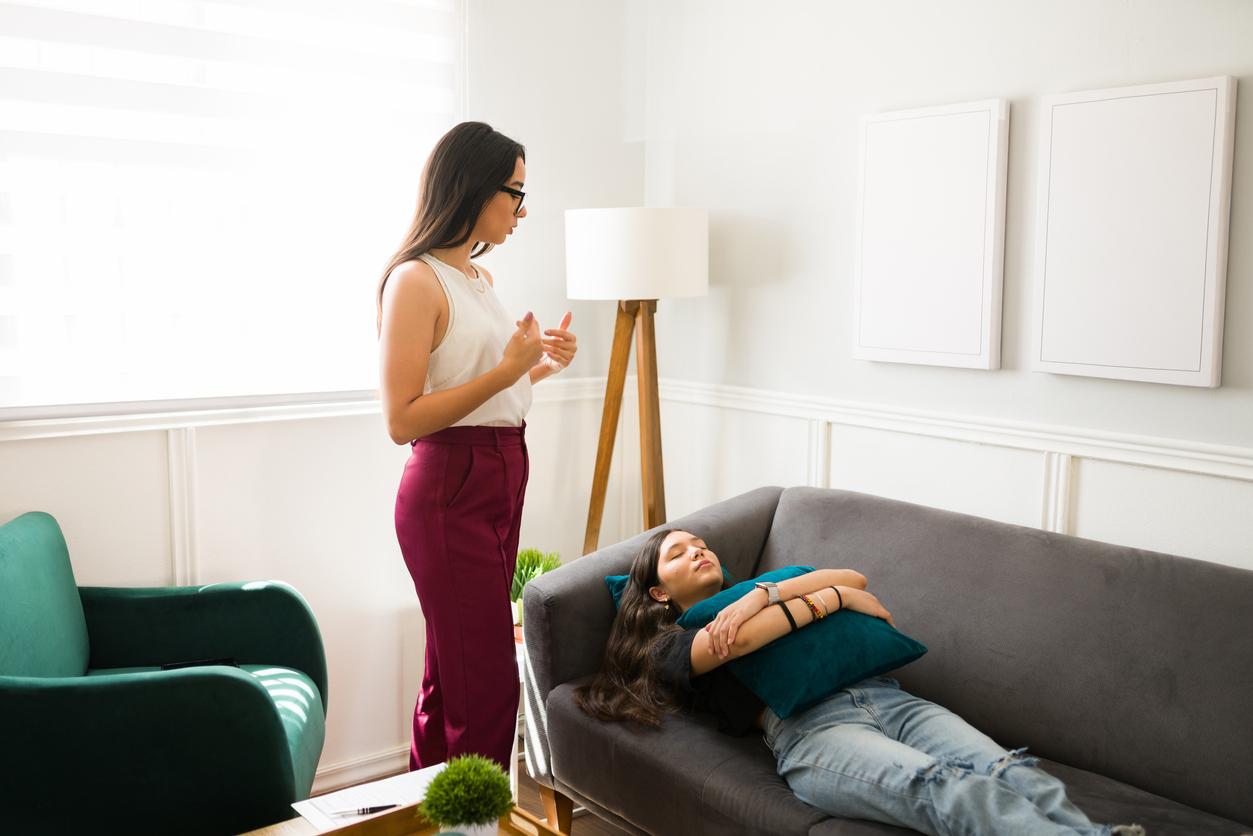Compared to lidocaine, a twelve-week therapy is twice as effective.

- The causes of these sexual disorders are not clearly identified: they could be caused by inflammation in the vulvar area, by taking oral contraceptives, by genetic predispositions or by depression.
- The role of the partner is essential in their care, hence the interest of couple therapy.
- At the end of the trial, the couples claimed to better understand each other and their feelings.
One in five women suffer from pain during intercourse. They can have different causes: infection, trauma, etc. Researchers from the University of Montreal have taken an interest in induced vestibulodynia. According to them, it concerns 8% of women in North America: this pathology generates intense pain during sexual intercourse or when inserting a tampon. One of the only treatments offered is the application of an anesthetic cream, lidocaine. The Canadian team was interested in an alternative: couples therapy. The results of their study are published in Journal of Consulting and Clinical Psychology.
Break the vicious circle
“Psychological intervention is recommended because when the pain sets in, it has such a significant impact on sexuality and on the life of a couple that it becomes essential to break the vicious circle of fear and avoidance.“, explains Sophie Bergeron, director of the study. She points out that the pathology often causes a loss of desire, frustration and anxiety. To test the effect of couple therapy, the scientist and her team recruited 108 couples, affected by induced vestibulodynia. Part of the group had the only possibility, the application of the cream, the rest of the participants followed a couple’s therapy for twelve weeks. The latter proved to be twice as effective as the lidocaine: women who took it felt twice as sexually satisfied, compared to others, their partners three times more Couples therapy reduced their fear of pain and sexual distress, while improving their experience of the sexual relationship.
What does the therapy consist of?
The couples experimented with acceptance and commitment therapies. “Acceptance means that instead of asking someone to change their way of thinking, we push them to accept it“, emphasizes Sophie Bergeron. This is based on the use of demerger cognitive, a method that creates a distance between a person and his thoughts. “At the start of therapy, women were defined by their genito-pelvic painshe explains. The therapy helped them reduce the burden of these thoughts on themselves.“Therapists also helped women stop associating sex with pain.”We have tried to explore other aspects of sexuality that can generate pleasure, adds the scientist. (…) Often it’s the penetration that hurts, so we try not to always focus on that.“Finally, part of the therapy aimed to regulate the emotions of both partners: whether it be pain or frustration. According to Sophie Bergeron, this therapy could be effective in the management of other genito-pelvic pain.
.















